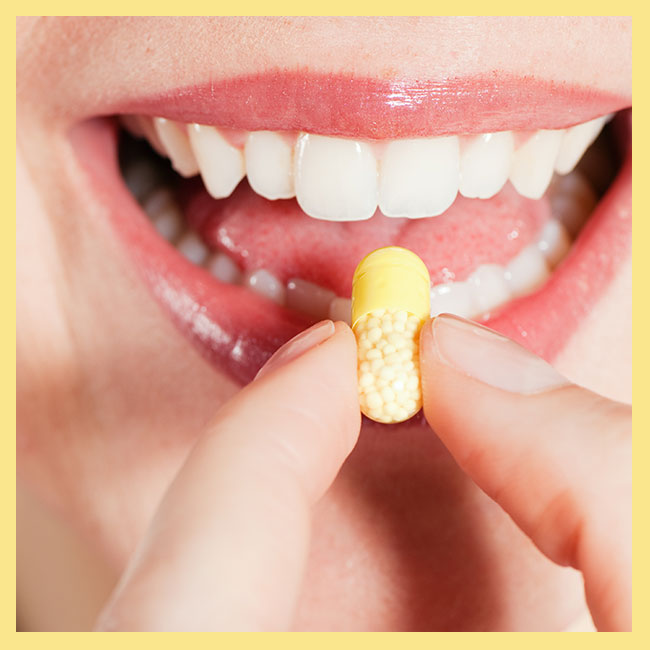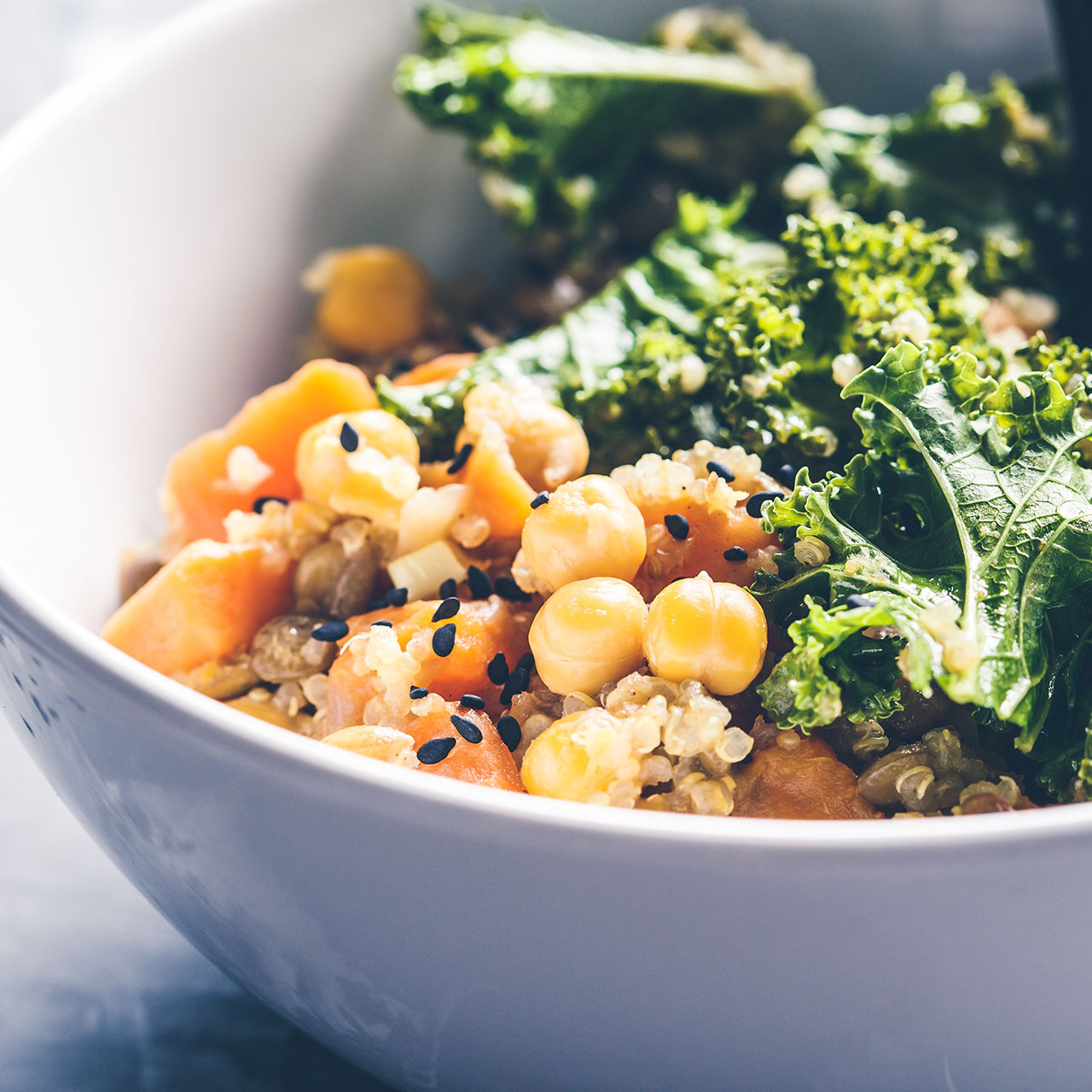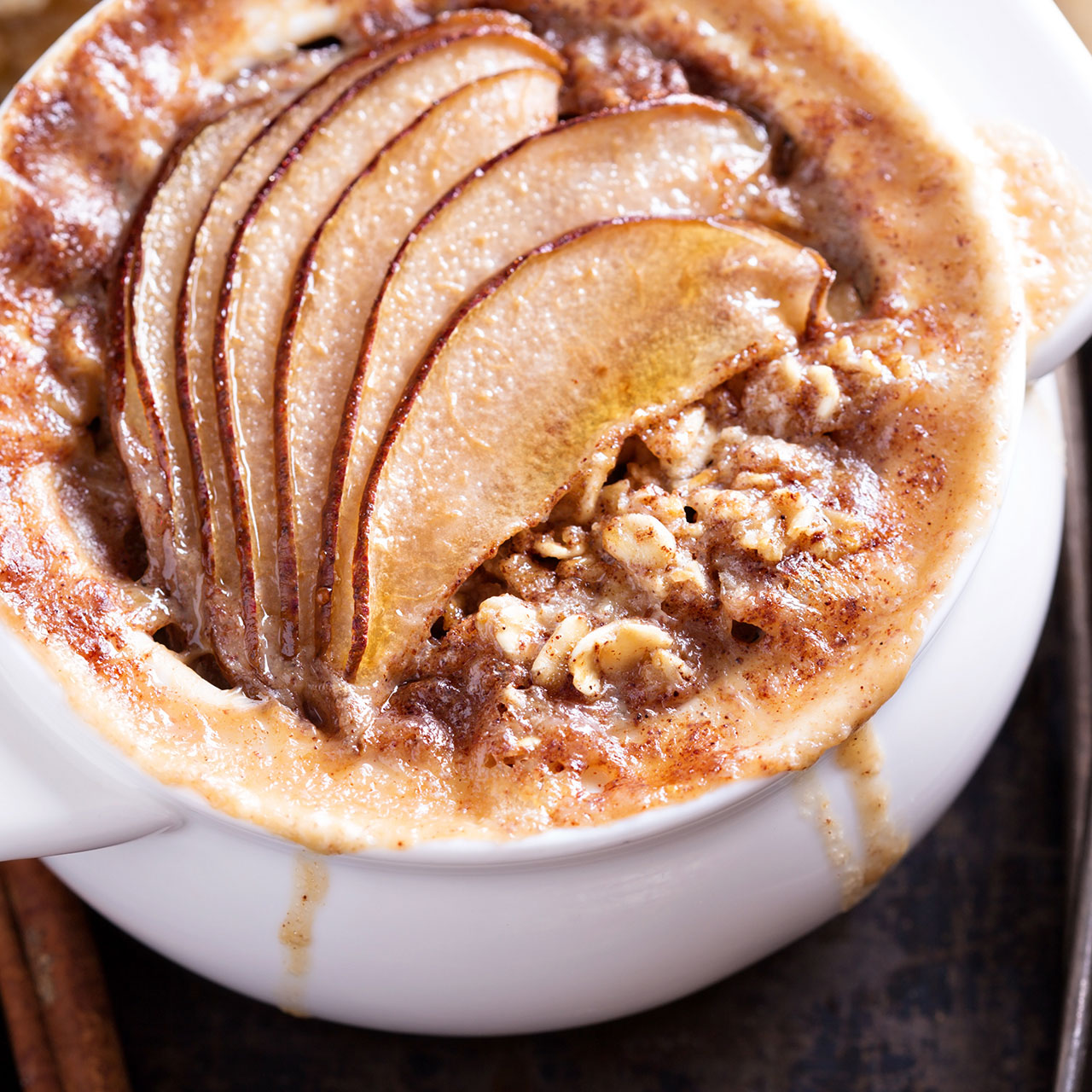This is an archived article and the information in the story may be outdated. Please check the time stamp on the story to see when it was updated last.
Wouldn’t we all love to wake up in a great mood every day? For most of us, there are many small stressors or factors that can set us up for a bad mood, even at the start of the day. This could be lack of sleep, too much screen time the day before or even just still being upset with problems from the day before.
On the other hand, something as simple as eating a healthy diet can set you up for a good mood every day. We did the research and found the best mood-boosting vitamins you should eat to have a better day.
4 Best Mood-Boosting Vitamins

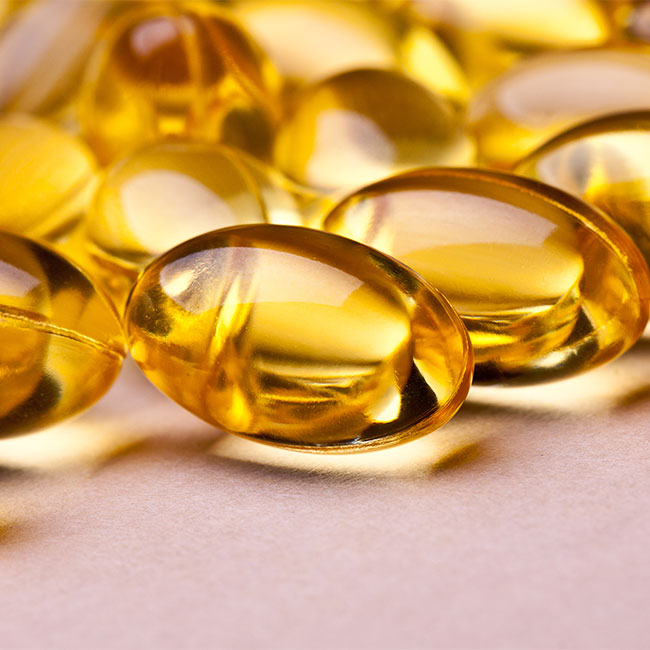
Omega-3 For Mood-Boosting
Omega-3 fatty acids have been found to boost mood, even for those with mood disorders. This nutrient helps sustain energy and promotes a well-balanced feeling throughout the body.
You can get more omega-3 into your diet by eating fish like salmon, mackerel and cod, as well as flax seeds, chia seeds and walnuts.

Vitamin D For Mood-Boosting
According to Healthline, “Research shows that people with depression are more likely to be low or deficient in vitamin D.”
Increase your vitamin D intake by eating more Greek yogurt, eggs, red meat or even just spending more time in the sun.
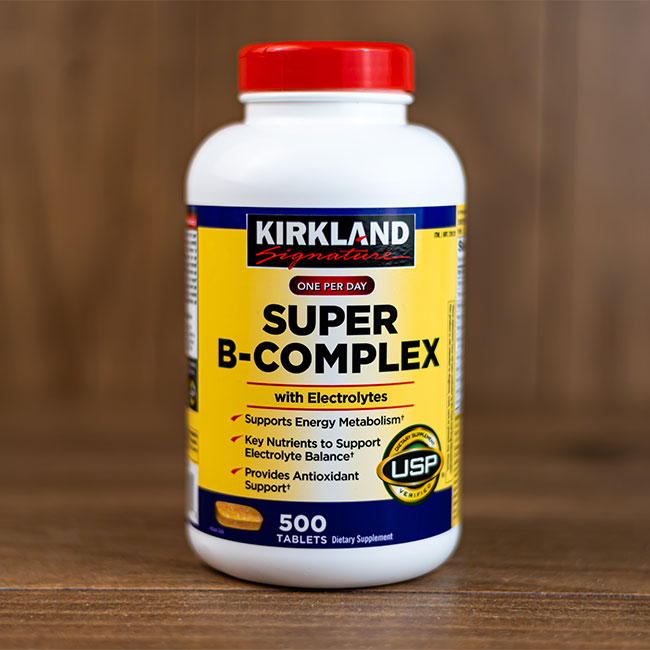
B vitamins For Mood-Boosting
There are eight different types of B vitamins, each playing a different role in metabolism and maintaining energy. This also allows them to impact neurological function and regulate mood.
The best B vitamins to take to boost your mood are folate, B12 and B6. You can get more of these by eating whole grains, meat, eggs and dark, leafy vegetables.
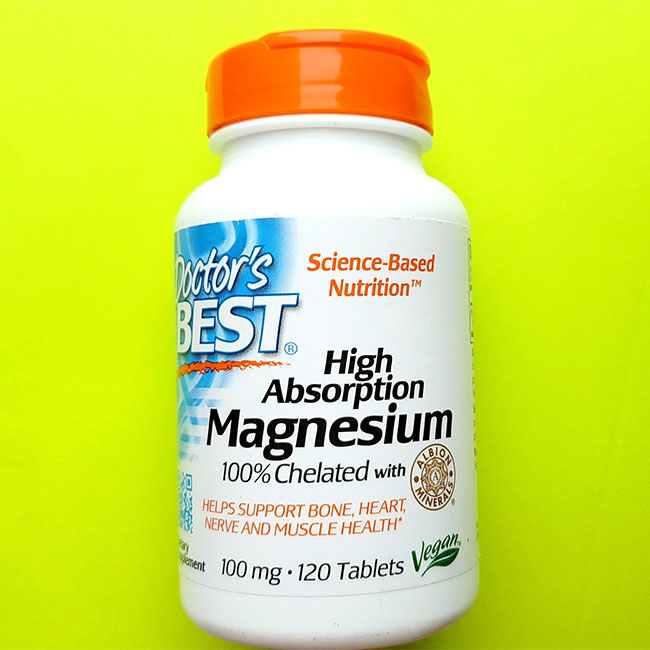
Magnesium For Mood-Boosting
Magnesium is technically not a vitamin - it is a mineral that has been known to combat symptoms of depression, according to studies.
You can get more magnesium into your diet by eating more green vegetables, nuts, beans and whole grains.





